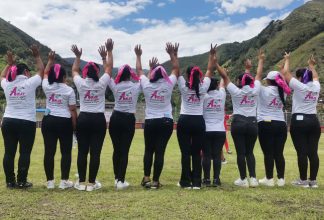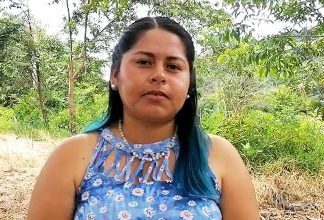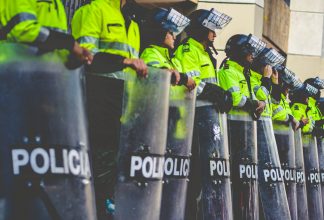Rejected Peace Agreement – What is Happening in Colombia now?
On October 2 the Colombian people rejected the peace accord that the government and the guerrilla group FARC had been negotiated on since 2012. Subsequently, there has been an ongoing debate on how to continue the peace process and what has to be changed within the accord.
With the NO side rejecting the agreement based on the idea that the punishments of FARC were too lenient, there are suggestions coming from the opposition on how to change this, e.g. prison sentences 5-8 years and that FARC should not be able to form an official political party. The leader of FARC has continued to state that peace is the goal and that the guerrilla will “make politics without arms”.
Although the cease fire has been extended to 31th of December 2016, the current political limbo has made an affect internationally. EU recently declared that they have officially suspended the ratification of the aid peace package that was supposed to be installed, but with the hope to open it up later this year.
Swedish foreign ministry has so far not made a comment on their own planned aid programme (950 million SEK over a five-year period aimed at peace building) and remains positive to a succeeding result of the accord. The Colombian government are currently continuing the talks with FARC but are also engaged in a discussion with the opposing party whose main agenda is to issue tougher punishments to FARC members. Meanwhile, victims, students, indigenous communities and human rights organisations are mobilising marches every week demanding an “accord now”, pointing out the fact that if the accord had been accepted, FARC would have been surrendering their weapons at this very moment.
The President of Colombia was recently awarded the Peace Nobel prize for his efforts to bring an end to the armed conflict.


